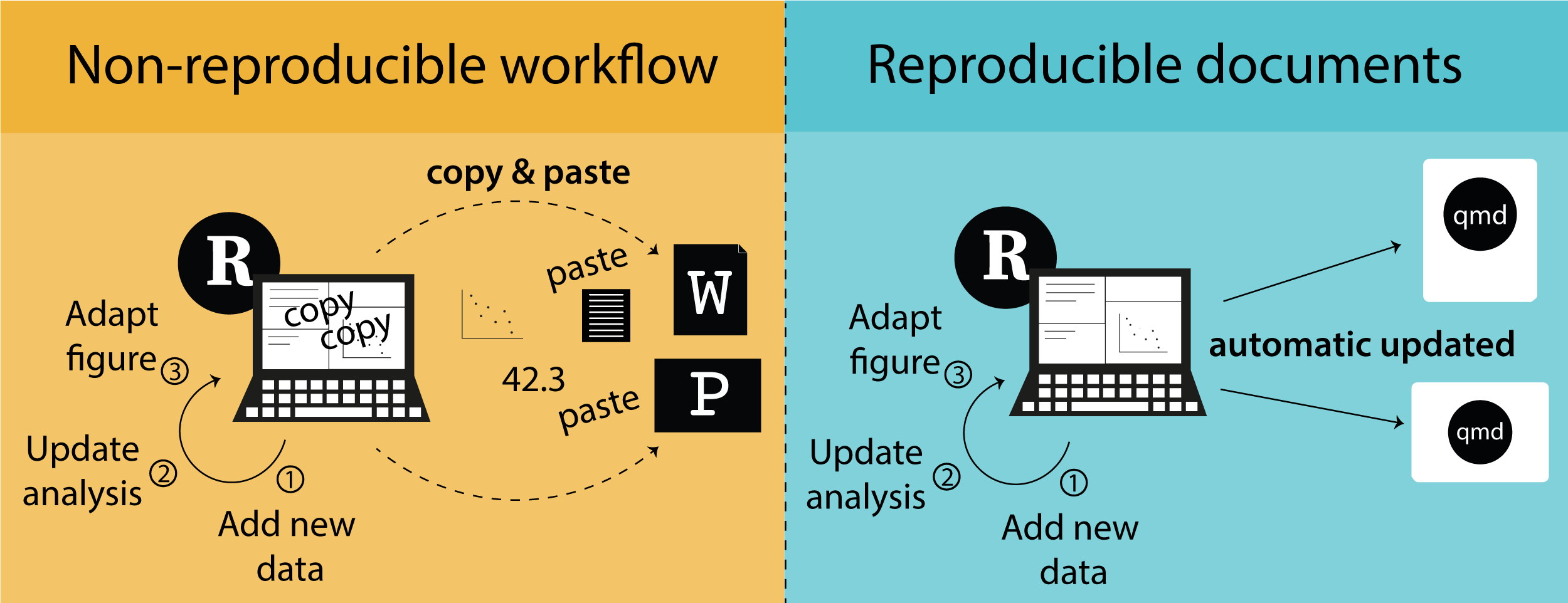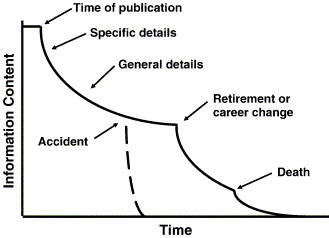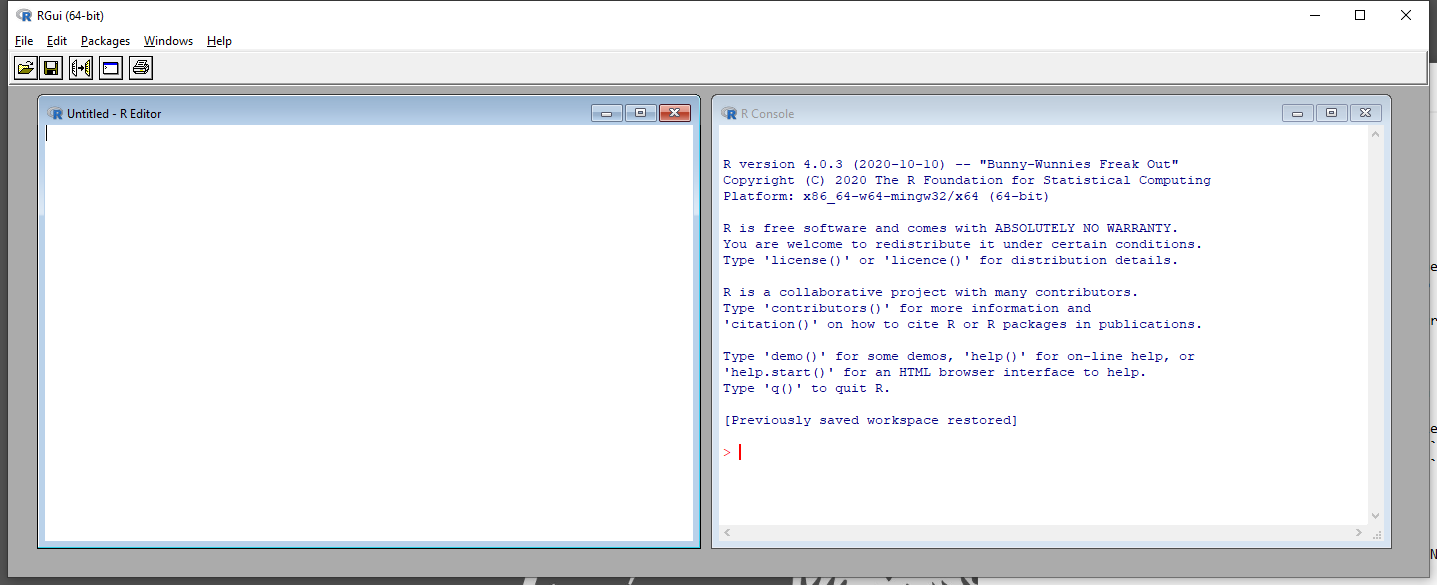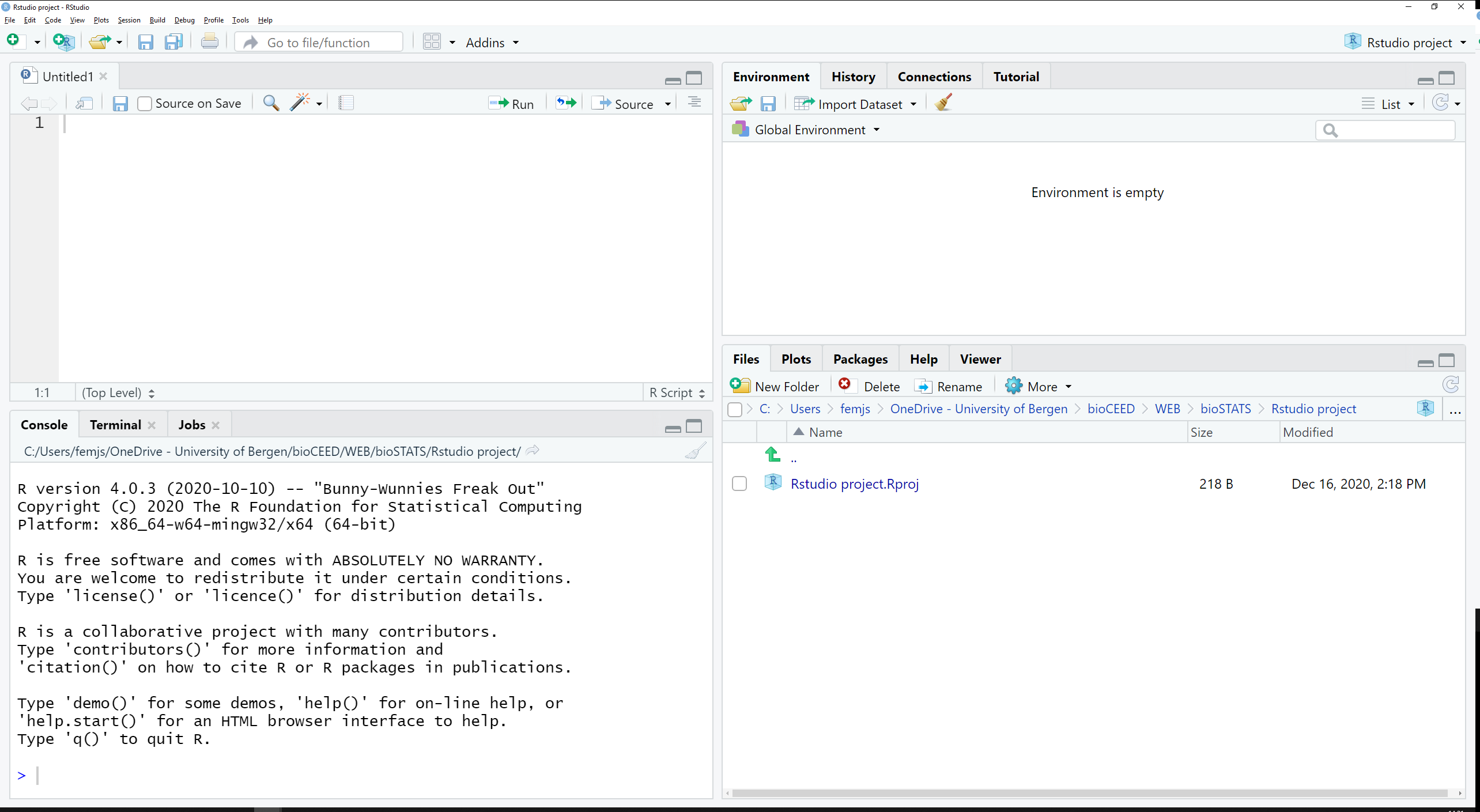Data lifecycle
Bio300B Lecture 1
Institutt for biovitenskap, UiB
17 August 2025
Why do biologists need statistics anyway?
Why do YOU need
- data handling skills
- data visualisation skills
- statistics skills
Biology is applied data science!
- Nearly all papers include data visualisation and analysis
- Need to be able to understand the methods used to evaluate paper
- Need to be able to make visualisations and analyses for papers, reports, theses
Changing expectations
- FAIR and open science
- Reproducible research
Data life-cycle
Experimental Design
Lecture 5
- Observational studies vs experiments
- Randomisation
- How many replicates do you need?
- Statistical traps
Data entry
Make your data easy to import.
Proof read & data validation
Lock data file. No more edits.
Spreadsheets
Practical recommendations for organizing spreadsheet data to reduce errors and ease later analyses.
- be consistent
- write dates as YYYY-MM-DD
- do not leave any cells empty
- put just one thing in a cell
- organize the data as a single rectangle (rows = subjects; columns = variables; single header row)
- create a data dictionary
- do not include calculations in the raw data files
- do not use font, colour or highlighting as data
- choose good names for things
- use data validation to avoid data entry errors
- save the data in plain text files.
Examples
When is 1-9-2021?
Sex coded as 0 & 1
Data importing
R can import almost any data type.
- CSV files with
readr - Excel files with
readxl - shapefiles with
sf - NetCDF with
ncdf4
Data cleaning
- Process your data with code
- Reproducible analyses
tidyverse(Lecture 3)
Visualise with ggplot2

Data analysis
Huge number of statistical methods
This course will focus on
- Exploratory data analysis (6)
- Descriptive statistics (6)
- Linear models (7--8)
- Generalised linear models (9)
- Mixed effect models (10)
- Survival analysis (11)
Communicate results with quarto

Past
- text in Word, code in R
- copy figures & tables, paste into Word
- find mistakes - go to step 1.
Future
- Code and text interwoven
- Reproducible, dynamic documents
Data death

Natural degradation in information content associated with data and metadata
Empirical evidence of data loss

What would happen if you lost all of your research data?
I was focussed on creating high resolution, 3D time lapse videos of developing crustacean embryos, so all of my work was digital-based. When I lost my laptop and backups, I lost 400GB of data and close to four years of work. As a direct result I ended up getting an MPhil rather than the PhD I’d been working towards. I was hoping to have an illustrious career in science and for a time it seemed like everything would be stopped in its tracks.

Obsolescent storage equipment
Back up your raw data!
- Keep raw data
- Multiple places
- Physical and cloud services
- Be paranoid!
Archiving data
Many research funders and journals demand data archiving.
Special problems
Sensitive data
Examples
Solutions
Data management plans
How data are to be collected and handled both during a research project, and after the project is completed
Write one before you start work.

FAIR principles
- Findable
- Accessible
- Interoperable
- Reusable
Meta data is as important as data.
Why ?
- free
- open source
- large and friendly user community
- many statistical methods implemented
- makes publication ready figures
- reproducible research
- code is easy to share and publish.
R GUI

You probably never need to open R directly.
RStudio IDE

Getting the best out of RStudio
- projects
- keep track of everything
- code completion
- bracket matching
Getting help
?length - find function length in open packages
??length - help search
Google error messages
AI
Copilot Need github account. Copilot is free with student account.